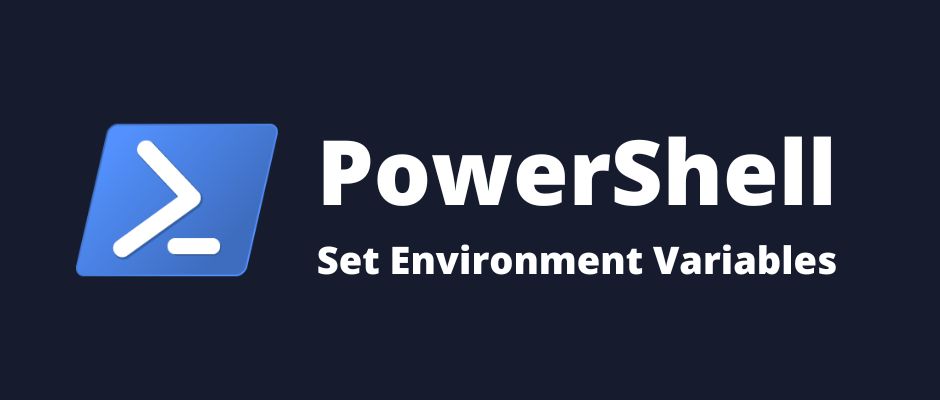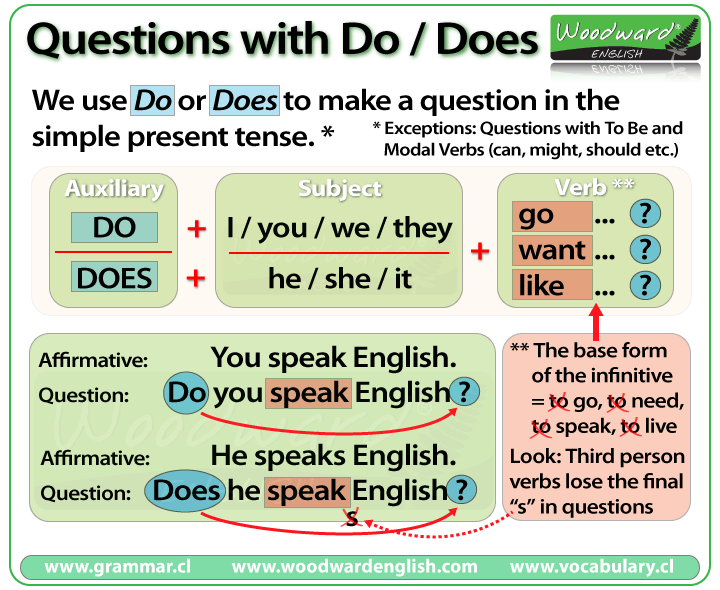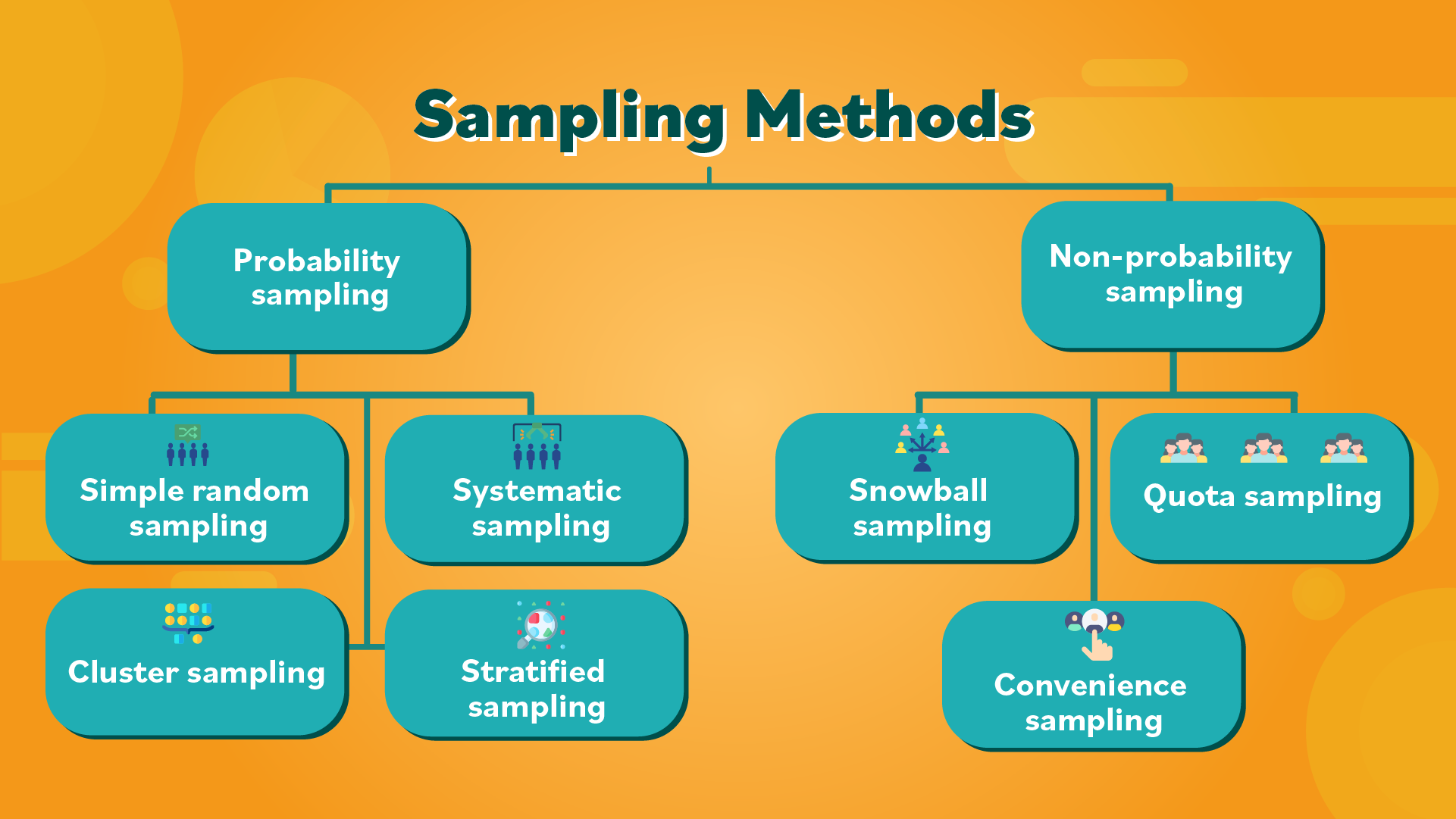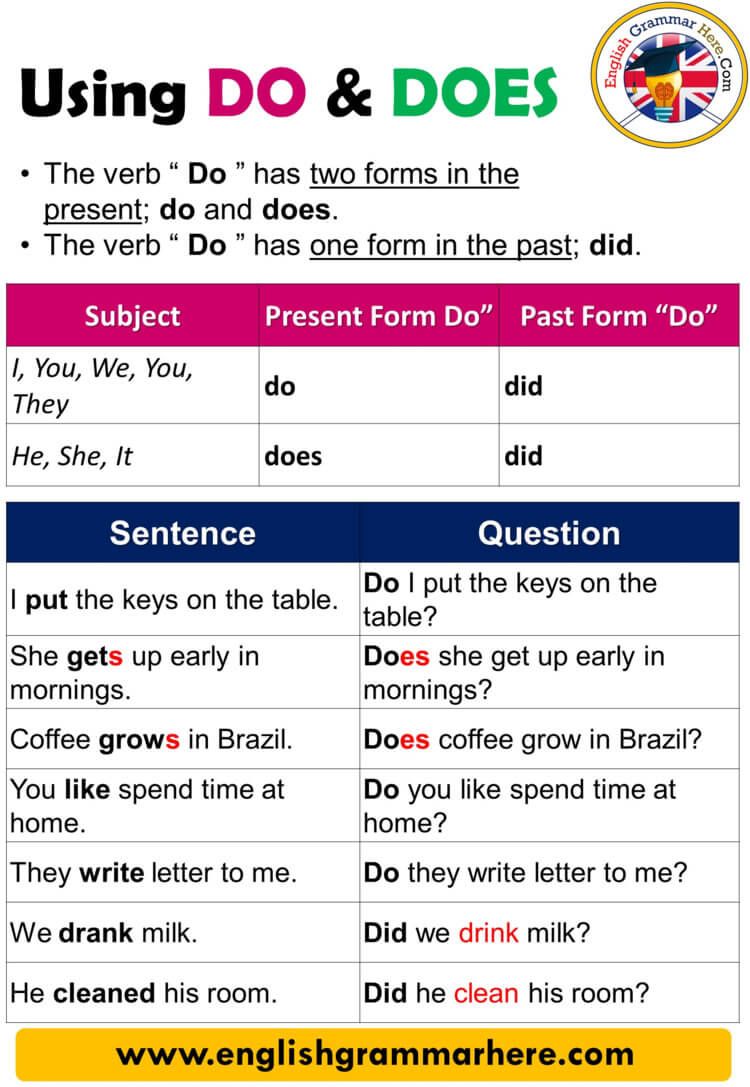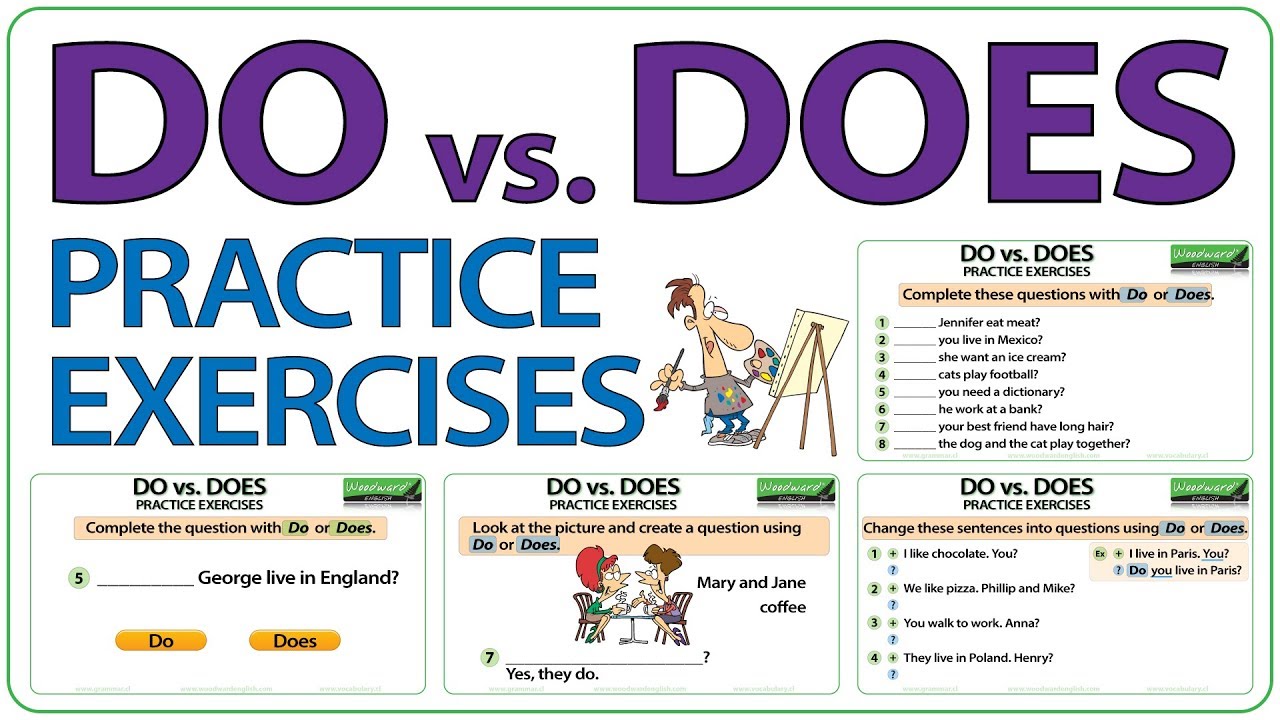Your Guide to Buying a Mobile Home With No Money Down: Strategies, Options, and Steps
Introduction: The Challenge and Opportunity of Zero Down Mobile Home Buying
For many aspiring homeowners, securing a mobile or manufactured home can be a practical and affordable path toward property ownership. Yet, the requirement for a sizable down payment can often present a significant obstacle, particularly for first-time buyers or those with limited savings. Fortunately, a range of options and programs exist that make it possible to buy a mobile home with no money down . This guide will walk you through the most reliable strategies, eligibility requirements, practical steps, and important considerations for achieving this goal.
Understanding Mobile and Manufactured Homes
Mobile homes, also known as manufactured homes, are factory-built residences that are transported to their final site. These homes can be placed on rented land, in a mobile home park, or on land you own. They come in a variety of sizes and configurations, including single, double, or triple-wide layouts. It’s important to note that mobile homes built before June 15, 1976, may not be eligible for most financing programs, so always check the manufacturing date and HUD certification before proceeding [1] .
Pathways to Buying With No Money Down
1. USDA Rural Development Loans
One of the most accessible ways to purchase a mobile home with no down payment is through the USDA Rural Development Single Family Housing Guaranteed Loan Program . This program is designed to promote homeownership in rural areas and offers 100% financing for eligible buyers, meaning no money down is required. The program can also cover land, site development, and closing costs. However, these loans are only available in designated rural locations, and you must meet income and credit eligibility requirements. To determine if your desired location qualifies, visit the U.S. Department of Agriculture’s official website and search for their rural eligibility map [3] .
Example: In Florida, a single mother recently purchased a new manufactured home through the USDA’s Construction-to-Permanent Loan Program with no down payment, illustrating the program’s real-world impact [3] .
Implementation Steps:
- Check if your desired property location is eligible for USDA financing by using their rural eligibility tool.
- Contact lenders who participate in USDA programs and inquire about the Single Family Housing Guaranteed Loan for manufactured homes.
- Compile necessary documentation: proof of income, credit history, and details about the home and land.
- Complete the loan application and work with the lender to finalize your purchase.
Potential Challenges: These loans are not available in urban areas, and income/credit guidelines apply. The process may be more time-consuming than conventional loans.

Source: pixabay.com
2. VA Loans for Qualified Buyers
Active-duty service members, veterans, and eligible surviving spouses may qualify for VA loans , which do not require a down payment on manufactured homes. VA loans are backed by the Department of Veterans Affairs and offer competitive interest rates. However, a funding fee (ranging from 0.5% to 3.3%) may apply, and eligibility requirements are strict. VA loans are not available for homes classified as mobile and built before June 15, 1976 [1] .

Source: wallpapers.com
Implementation Steps:
- Determine your eligibility for a VA loan through the Department of Veterans Affairs.
- Gather your Certificate of Eligibility (COE) and other required documentation.
- Contact VA-approved lenders who offer manufactured home financing.
- Proceed with the application and home selection process.
Potential Challenges: Eligibility is restricted to those with military service, and qualifying homes must meet specific standards.
3. Down Payment Assistance and Grants
Some states, local governments, and non-profit organizations offer down payment assistance programs or grants that can be used toward the purchase of a manufactured home. These programs may provide forgivable loans, matching funds, or outright grants for qualified buyers. For example, certain lenders may offer 100% forgivable down payment grants-though these often come with specific eligibility criteria and availability may vary by region [4] .
How to Find and Apply:
- Contact your local housing authority or state housing finance agency and inquire about manufactured housing programs and down payment assistance.
- Search for “down payment assistance for manufactured homes” along with your state or county name.
- Ask lenders if they participate in grant programs or know of local resources.
- Be prepared to meet income, credit, and homebuyer education requirements.
Potential Challenges: Funding is often limited and distributed on a first-come, first-served basis. You may need to complete homebuyer education or counseling.
4. Manufacturer or Dealer Financing
Some mobile home manufacturers and dealers offer in-house financing, which may include low or zero down payment options for qualified buyers. These loans can be easier to obtain than traditional mortgages, especially for buyers with non-traditional credit. However, they often come with higher interest rates and additional fees [1] .
How to Proceed:
- Contact local or regional mobile home dealers and ask about available financing programs.
- Review all terms and compare the total cost of financing, including interest rates and fees.
- Negotiate for the best possible terms and ensure you understand all contract details before signing.
Potential Challenges: Higher interest rates can mean you pay much more over the life of the loan. Carefully review all terms and consider alternatives before proceeding.
Key Considerations and Eligibility Factors
While no-money-down options make homeownership more accessible, buyers must consider several factors:
- Interest Rates: Zero down payment typically comes with higher interest rates, which can increase your total costs over time [2] .
- Private Mortgage Insurance (PMI): Some loans may require PMI, adding to your monthly costs.
- Credit Score and Income: All programs have eligibility requirements related to credit and income. Improving your credit and reducing debts can help.
- Home Standards: The home must meet HUD standards and other quality benchmarks to qualify for most loan programs.
- Location: Some programs, like USDA loans, are only available in specific rural areas.
Alternative Financing Approaches
If you do not qualify for government-backed or dealer financing, consider these alternatives:
- Chattel Loans: These are personal property loans used for mobile homes not classified as real estate. They may require low down payments but typically come with shorter terms and higher rates [1] .
- Personal Loans: Some lenders offer unsecured or secured personal loans that can be used for mobile home purchases, particularly if the cost is below certain limits [5] .
- Lease-to-Own: Some dealers or parks offer rent-to-own or lease-purchase agreements, allowing you to build equity over time.
Implementation Steps: Research local lenders, credit unions, or community banks. Compare options and carefully review all terms before proceeding.
Step-by-Step Guide to Buying a Mobile Home With No Money Down
- Assess your eligibility for USDA, VA, and local down payment assistance programs. Use official agency websites and speak directly with lenders or housing counselors.
- Check your credit score and review your finances. Take steps to improve your credit if needed.
- Research approved lenders and compare available loan products.
- Gather required documentation, including proof of income, tax returns, and home details.
- Apply for pre-approval and confirm the home and land meet all eligibility requirements.
- Work with your lender to finalize the loan and complete the purchase process.
- Attend any required homebuyer education or counseling sessions.
Summary and Key Takeaways
Buying a mobile home with no money down is possible through a combination of government-backed loans, down payment assistance, and creative financing. While these pathways make homeownership more accessible, it’s essential to understand the eligibility criteria, potential costs, and long-term financial impact. Always use trusted lenders, consult with local housing agencies, and review all terms before committing. With the right approach and careful planning, your goal of mobile home ownership can become a reality-even with limited savings.
References
- [1] Quicken Loans (2024). Down Payment Assistance For Manufactured Homes.
- [2] Braustin Homes (2023). How to Buy a Mobile Home With No Money Down.
- [3] USDA (2022). Financing Manufactured Homes to Boost Housing Supply.
- [4] YouTube (2024). How to Secure a Manufactured Home with Zero Down.
- [5] LendingTree (2025). Buying a Manufactured Home: Pros & Cons, Finance Options.
MORE FROM couponito.com

